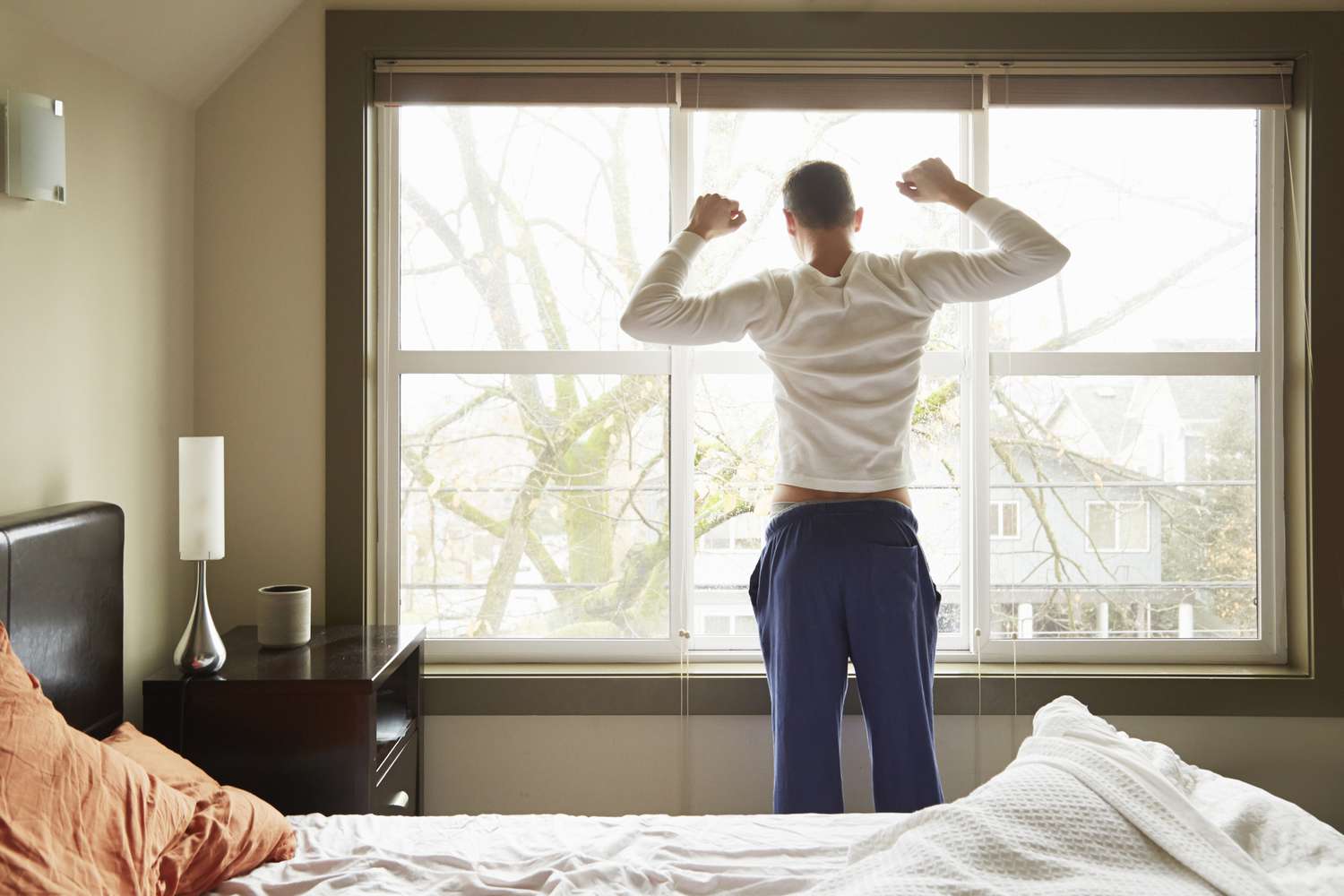Getting up early can set a positive tone for your entire day. By establishing a consistent routine and making small adjustments to your evening habits, you can significantly improve your ability to wake up feeling refreshed and ready to tackle the day. Whether you are a night owl trying to shift your schedule or someone looking to enhance productivity, learning how to rise earlier can benefit your personal and professional life.
Creating a solid foundation starts with understanding your sleep patterns. Recognizing how your body reacts to different sleep times and incorporating effective strategies can make mornings less of a struggle. This journey involves not just adjusting your sleep schedule but also welcoming practices that encourage alertness and energy in the morning hours.
With little changes, you can embrace mornings and set yourself up for success. From managing light exposure in the evening to committing to a nourishing morning routine, these steps can transform how you start each day.
Key Takeaways
- Establishing a sleep schedule helps regulate your body’s internal clock.
- A consistent evening routine can lead to better sleep quality.
- Simple morning habits can enhance your alertness and energy levels.
Understanding Sleep Patterns and Circadian Rhythms
Your sleep patterns are closely linked to your body’s circadian rhythm. This internal clock affects when you feel awake or sleepy throughout the day. Understanding this relationship is key to improving your sleep quality and overall health.
Role of Circadian Rhythm in Sleep Health
Circadian rhythms guide your sleep-wake cycle, helping regulate melatonin levels in your body. Melatonin is a hormone that encourages sleep, usually increasing as night falls. Disruptions to your circadian rhythm can lead to sleep deprivation and impact your mood, making it hard to focus.
A consistent sleep schedule enhances sleep hygiene and promotes better rest. When you wake up and sleep at the same time daily, your body becomes accustomed to this pattern. This consistency can help prevent issues like insomnia or hypersomnia, leading to improved overall sleep health.
Common Sleep Disorders and Their Impact
Many sleep disorders affect how well you sleep. Insomnia can make it difficult to fall or stay asleep, often linked to stress or an irregular sleep schedule. Sleep apnea interrupts breathing during sleep, leading to poor rest and daytime fatigue.
Restless legs syndrome can cause uncomfortable sensations, making it hard to sleep. These disorders can alter your circadian rhythms, creating a cycle of sleep problems. Seeking advice from a sleep specialist can help you manage these issues and improve your sleep quality.
Creating an Effective Bedtime Routine
A good bedtime routine sets the stage for better sleep. You can implement strategies to help you fall asleep easily and create a bedroom environment that promotes relaxation.
Strategies for Falling Asleep More Easily
Start by establishing a consistent bedtime. Go to bed and wake up at the same time every day, even on weekends. This helps regulate your body’s internal clock.
Consider using a sleep diary to track your sleep patterns. Note what time you go to bed, how long it takes to fall asleep, and how you feel in the morning. This can help identify improvements.
Before sleep, try to avoid screens. The blue light from phones and TVs can interfere with the production of melatonin, your body’s sleep hormone. Instead, read a book or listen to calming music.
Incorporating a relaxation technique, such as deep breathing or gentle stretching, can also signal your body that it’s time to wind down.
Optimizing Your Bedroom Environment for Sleep
Your bedroom should be a comfortable sleep space. Keep your room dark, quiet, and cool, ideally between 60-67°F (15-19°C). Use blackout curtains to block out light, and consider white noise machines or earplugs to minimize sound distractions.
Invest in a comfortable mattress and pillows. The right support can improve your overall sleep quality.
Good sleep hygiene is also essential. Avoid caffeine and heavy meals close to bedtime. Instead, consider a light snack if you’re hungry. Herbal teas can aid relaxation without disrupting sleep.
Lastly, make your bedroom a tech-free zone. Keep gadgets out to minimize distractions and create a peaceful atmosphere.


Adopting Habits for Easier Mornings
Creating habits that support early rising can help you become a morning person. Focusing on your routine and nutrition is essential for waking up energized. Here are two key areas to develop.
Benefits of a Healthy Morning Routine
A healthy morning routine can transform your day. When you wake up earlier, you gain quiet time to plan and reflect. This can increase your focus and motivation.
Including natural light in the morning can improve your mood and alertness. Exposure to sunlight helps regulate your body clock. You may feel more awake and ready to tackle the day.
Consider planning your mornings with specific activities. This can include exercise, meditation, or reading. Starting your day with intention can reduce stress, making it easier to get out of bed.
Breakfast and Nutrition for Sustained Energy
Eating a healthy breakfast is important for staying energized throughout the day. A balanced meal helps kickstart your metabolism. Include protein, whole grains, and healthy fats in your morning meal.
Examples of nutritious breakfasts include oatmeal topped with nuts and fruit or scrambled eggs with veggies. These options provide essential nutrients that balance energy levels.
Avoid sugary cereals and pastries, as these can cause energy crashes later. Instead, focus on foods that fuel your body.
Staying hydrated is also vital. Drinking water first thing can boost your hydration and alertness. Consider keeping a water bottle by your bed to encourage drinking as soon as you wake up.
Regulating External Factors to Enhance Morning Alertness
To wake up early and feel alert, focus on two main external factors: light exposure and moderation of stimulants. Both play a significant role in how you feel upon waking and affect your overall productivity throughout the day.
Light Exposure and Its Effects on Waking Up
Natural sunlight is vital for regulating your body’s internal clock. When you wake up, try to expose yourself to bright light as soon as possible. This helps signal your brain to decrease melatonin production, which improves alertness. You can open your curtains or step outside for a few minutes.
If natural light isn’t available, consider bright light therapy lamps. These devices mimic natural sunlight and can boost your mood and cognitive function. A consistent wake-up time, along with morning light exposure, will strengthen your circadian rhythm. This not only enhances mental health but also reduces feelings of drowsiness.
Moderating Stimulants and Sleep Disruptors
The consumption of caffeine and alcohol can disrupt your sleep patterns. While caffeine can temporarily boost alertness, having it too late in the day can make it hard to sleep at night. Aim to limit caffeine intake at least six hours before bedtime.
Similarly, alcohol may seem to help you sleep, but it can lead to restless nights. Focus on maintaining a calm evening routine to enhance sleep quality. Reducing stress and creating a peaceful environment can significantly improve your ability to wake up refreshed. Staying active through regular exercise can also help, as it promotes better sleep and overall well-being.





